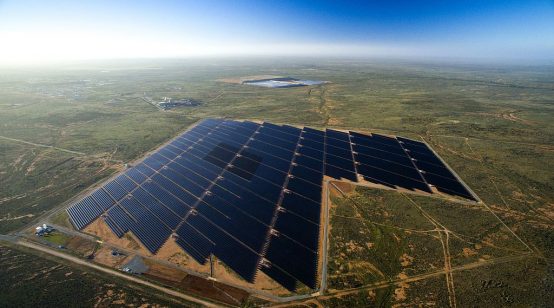
Northern Ireland faces blackouts and heavy electricity price rises if the UK crashes out of the European Union with no deal in March, according to a leaked government report.
The isolated six counties would probably be cut off from supplies from the Irish Republic and unable to use the only electricity link to Britain, the document said.
Government leaks often point to unhappiness within the supposedly politically neutral civil service.
There have been repeated Brexit warnings of “unprecedented consequences” for the energy sector with the authorities prepared to take energy infrastructure into public ownership.
Both parts of Ireland currently use the Single Electricity Market (SEM), allowing a single market to operate across the island since 2007 in a bilateral arrangement between the UK and Ireland.
Most analysts have considered the SEM to be a relatively unproblematic aspect of Brexit because it is a UK-Ireland bilateral arrangement, rather than an EU agreement.
Although it is not an EU deal, it is underpinned by both countries’ membership of the Internal Energy Market.
Membership requires alignment with EU rules, including industrial emissions regulations and restrictions on state aid, leading to fears this could put the SEM at risk if negotiations fail, “leaving an insecure, isolated NI market”, with a rise of up to 34 per cent in prices.
London and Dublin could attempt an EU-endorsed deal to keep the SEM operating, but it may not see the same levels of cooperation as before Brexit.
A report on the SEM “no-deal notice” is due to be published in October.
The leaked UK papers said Northern Irish homes could see electricity bills rise by up to £200, providers could collapse, diesel generators would be needed to keep the power on and the government has still not talked to Northern Irish power plant operators.
“Without a deal, there are significant price and security of supply risks for Northern Ireland,” according to the document. Those include “electricity blackouts”, “up to a 34-per-cent increase in bills” and the need for “heavy government intervention”.
Northern Ireland would not be able to use the Moyle interconnector to Scotland while new cross-border arrangements were drawn up with Dublin.
One of the country’s main power stations at Kilroot in County Antrim is due to close on Sunday, after it failed to acquire the necessary subsidies to provide backup electricity.
The union Unite said the government should rethink the closure of Kilroot, which represents more than a third of Northern Ireland’s electricity generating capacity.
The government in London refused to comment.
The British border in Ireland is the most problematic aspect of the ongoing Brexit crisis. Picture credit: Energy Reporters





